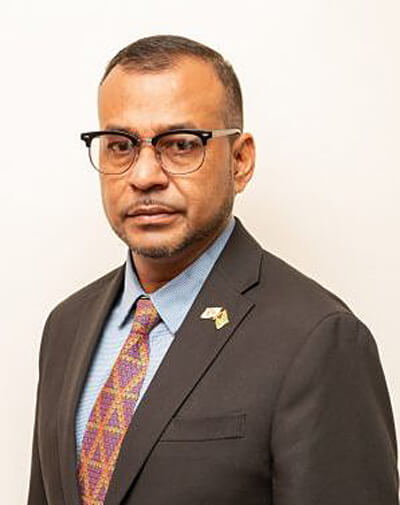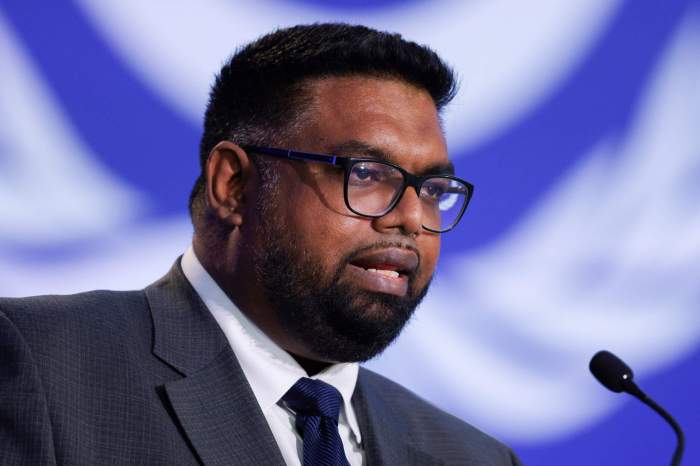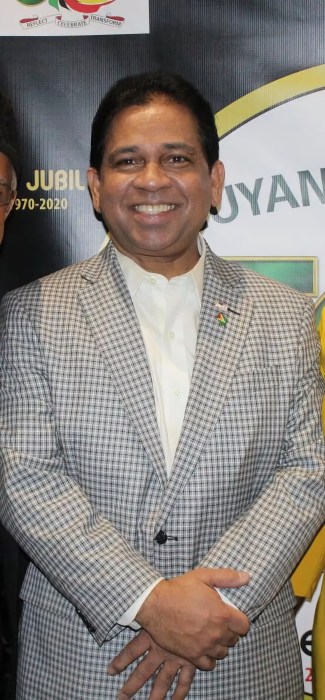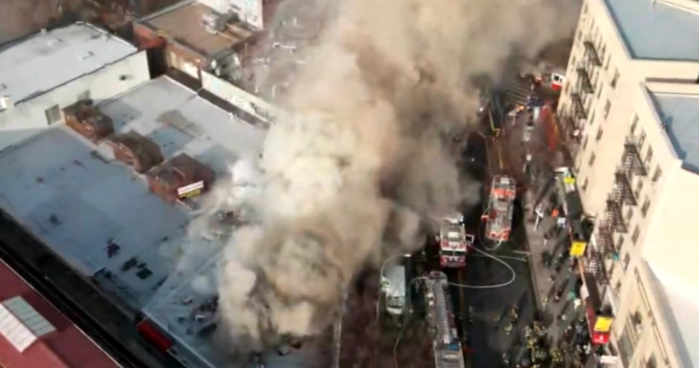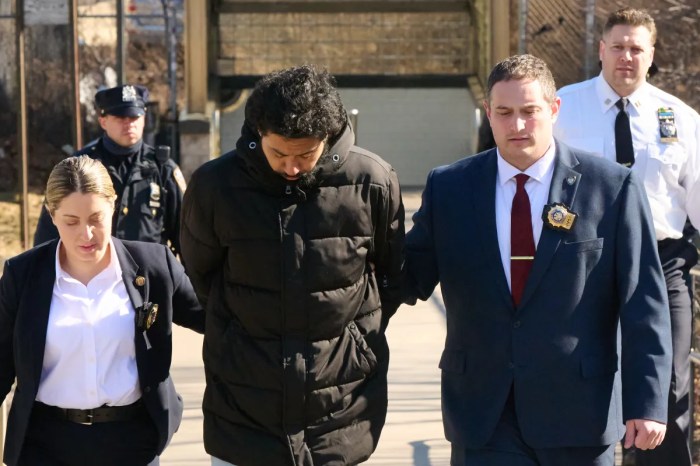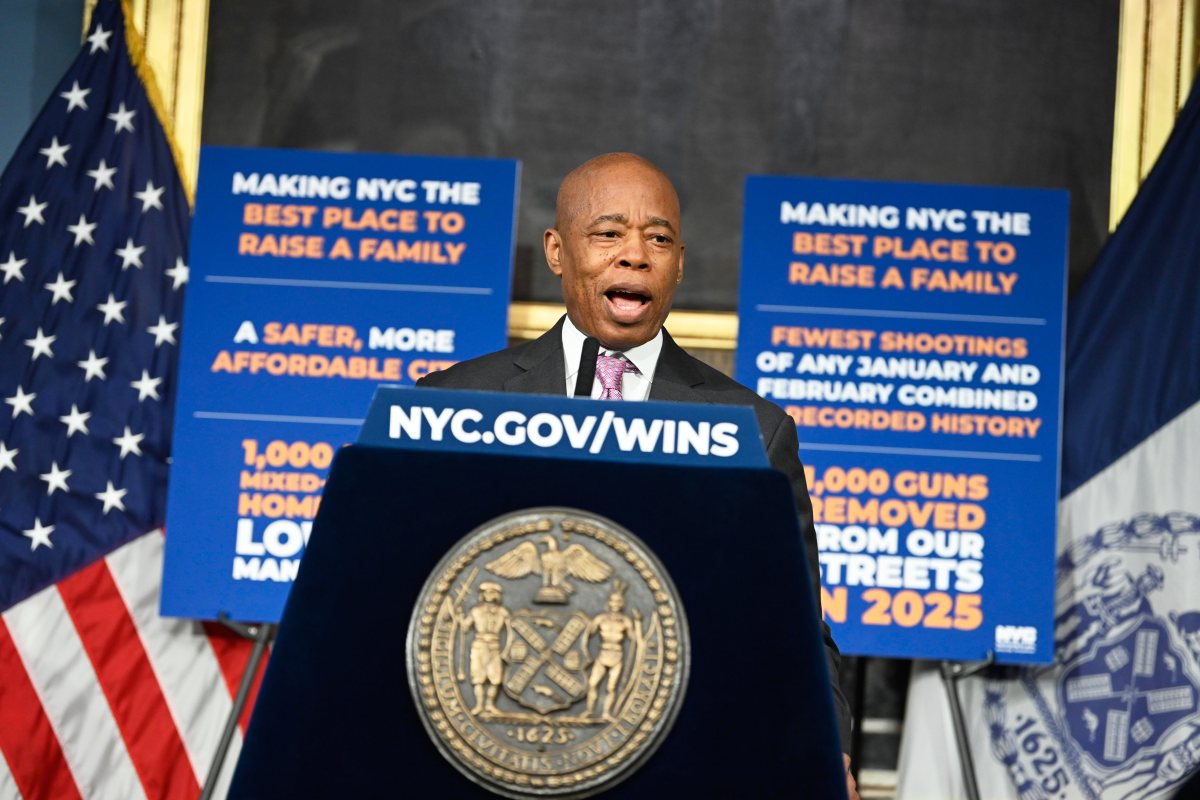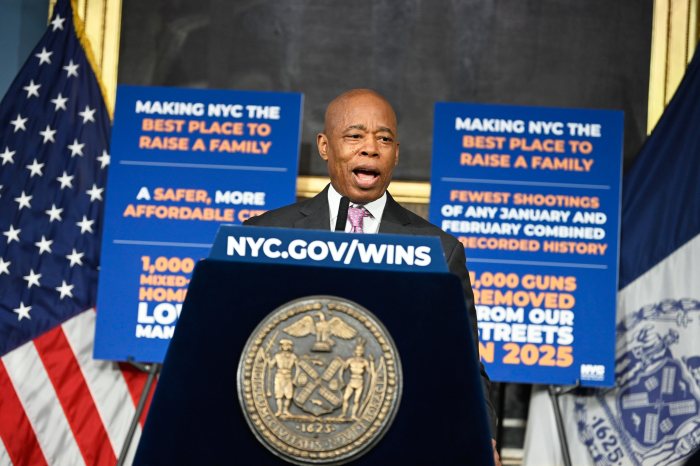Hugo Chavez’s death on March 5, after 14 years as Venezuela’s leader, has naturally given Venezuelans pause as to whether there’s anything in the pipeline remotely resembling the singular leadership brand that was Chavez. Some of them obviously hoping there is; others not. And very reflective of that dichotomy in the response of Chavez’s fellow Venezuelans was reaction in different spheres of the international community where, in genuine trailblazer fashion, Chavez stamped an image perhaps like no other who previously sat at the pinnacle of power in his country.
There are no doubt unreconstructed Chavez critics – political types, media, etc – who routinely have painted him with one brush: he’s a despot, he’s a buffoon, he’s a maniac, he’s not what Venezuela needed. The more responsible among his critics cannot but acknowledge a fundamental reconfiguring of the social order that Chavez brought about in Venezuela. A New York Times report the day after Chavez died, led off with the experience of a poor Venezuelan woman who, having so far waited in vain for 13 years for promised rehabilitation after the disastrous 1999 mudslides, expressed her frustration, but remained as loyal a supporter of Chavez as ever she had been. “Who wouldn’t cry for a president like him?” the Times quoted the woman, as she joined the throngs in Caracas gathered to catch a glimpse of the president’s coffin. “Everything here was Chavez. He was our country.”
An awareness that in Venezuela, up to a couple of decades ago, marginalization of the country’s majority poor was institutionalized, maybe doesn’t hammer home the starkness of that condition quite like the anecdotal reference of an impoverished soul who nonetheless holds the departed leader in messianic reverence. That woman and lots of others may not have gotten the deliverance for which they most desperately looked to the Chavez government. But many others have. And that’s key, one gathers, in the incredible love affair Venezuela’s once forgotten developed with their charismatic leader. For some, both within and outside of Venezuela, it doesn’t compute, doesn’t register at all. Not so, these masses.
Most important is that this populist revolution authored by the leader reached critical mass to the extent that turning back the clock, post-Chavez, doesn’t look now to be do-able. In the election that Chavez romped to a new six-year term last October, his opponent Enrique Capriles ran a campaign in which he promised to continue the socialist programs that Chavez had in place. Columnist Gwynne Dyer, whose pieces get wide global coverage, referred to the domination of Venezuelan politics by “two factions of a narrow elite” until not too long ago in the country’s history and added that, “Now the task of using the country’s oil wealth to improve the lives of the poor majority is central to all political debate in the country.” Dyer described the seismic shift Chavez orchestrated in the Venezuelan economy as having given the country the potential to be “a Saudi Arabia with democracy.”
Dyer’s take on Chavez is surprisingly a more objective one than comment on him by Western establishment sources tend to be. Although Dyer described him as “an unnecessarily combative and polarizing politician and a truly awful administrator,” he allows that he “has actually achieved what he went into politics for.” That pretty balanced read on the Chavez turn at the helm is in sharp contrast to the typical Western establishment view, in which quite likely would be fleeting reference to the major social turnaround he engineered for his country’s hitherto outcast majority and overwhelming emphasis on Chavez’s alleged transgressions or shortcomings: of authoritarian bent, heavy-handed in his dealings with political opponents, frittering away oil revenues, being indifferent to corruption… In summing up Chavez’s foreign policy, a New York Times piece noted that its main theme seemed to be taunting the U.S.
A quite different judgment of Chavez was recorded by Raffique Shah, writing in the Trinidad Express, who said of him, that he “cast a giant shadow over the Western Hemisphere during his relatively short life. “ Shah showered effusive praise on Chavez for his social revolution directed primarily toward alleviating harsh conditions for the underclass. But the columnist also wasn’t about to short-shrift the visionary plans Chavez rolled out for beyond his country’s borders – the wider region, including the Caribbean. “Few leaders can claim to have influenced the course of history and geopolitics the way he did,” Shah said, citing particularly Chavez’s forging of the Bolivarian Alliance of the Americas (ALBA), the regional trade bloc that challenged the U.S-backed Free Trade Area of the Americas (FTAA) and the Petrocaribe alliance that has provided important economic support for regional territories in its generous terms for the purchase of Venezuelan oil.
Much has been made of Chavez’s “thing” with the U.S. – his celebrated disparagement of George W. Bush at the UN and all the rest. No one could be blamed for thinking some of those “performances” over the top. At the same time, if Chavez and his colleagues believe the Bush administration to have been either active players in or to have given their blessing to the failed coup against him in 2002, who dares decree how much reaction was too much?
Chavez gave Venezuela an outsize world-stage presence it never before had. And he gave his country’s poor a sense of belonging they never had. He couldn’t be all bad.


